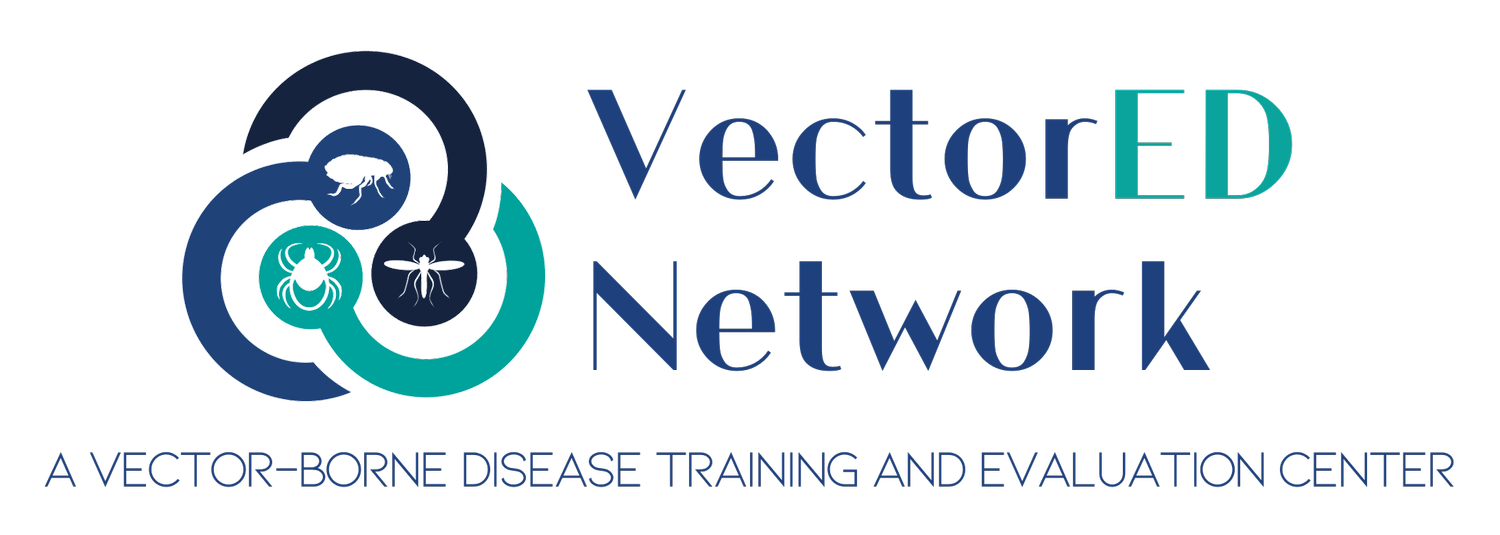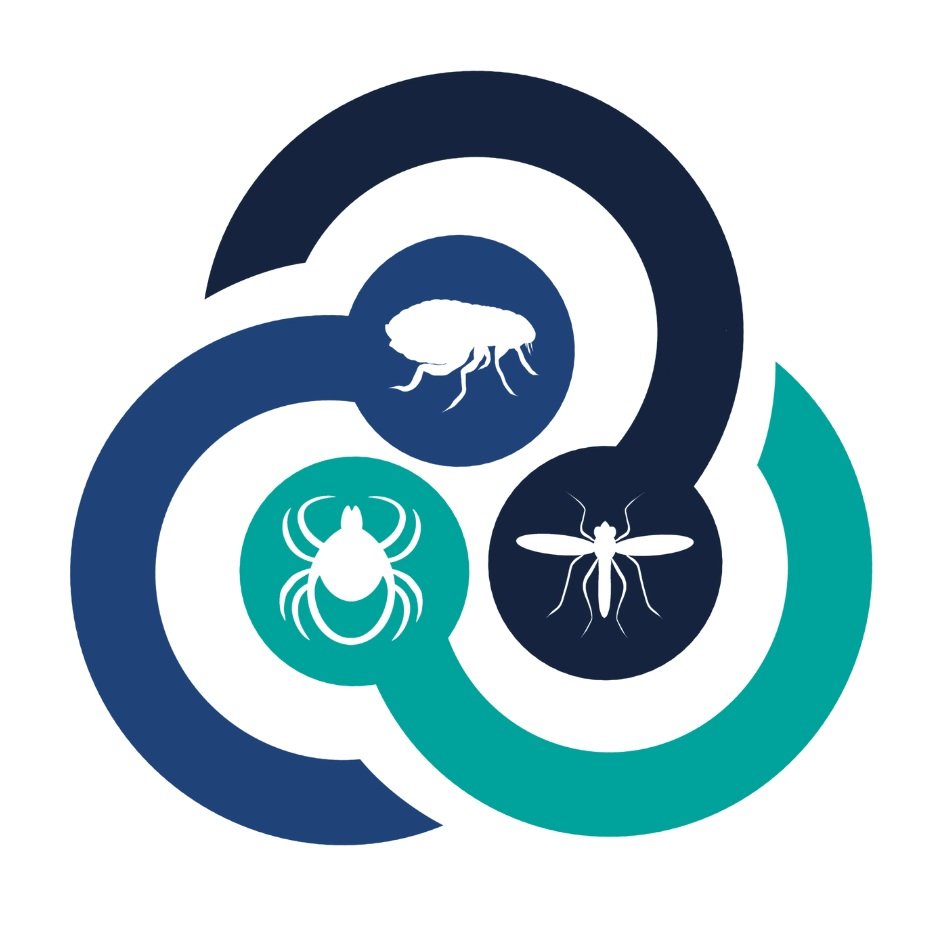
Academic Community
University employees and students often come from diverse global backgrounds and may be unaware of the vector-borne disease risks in their new environment. Those in fields that require outdoor activities are at increase risk.
Collegiate Environmental Health and Safety is dedicated to safeguarding the well-being of students, staff, and faculty, with a strong focus on laboratory safety. However, field safety—particularly protection from vector bites—is sometimes overlooked. The VectorED Network collaborates with Environmental Health and Safety teams across our region to minimize the risk of vector bites, ensuring a safer campus experience for everyone.
Our Environmental Health and Safety objectives are:
1 Conduct a needs assessment to assess the extent of vector bite prevention training provided in a university setting and review the protocols available to students and employees.
2 Identify the most effective methods for delivering information on vector bite prevention to students and faculty during coursework and research activities.
3 Create a regional toolkit for Environmental Health and Safety that can be tailored to each institution, along with training programs for faculty, staff, and students.
This image was created using AI
Who does this benefit?
These objectives benefit students, faculty, and staff by enhancing their awareness and preparedness regarding vector bite prevention. By developing tailored training and effective communication methods, we aim to safeguard the university community from vector-borne diseases, ensuring a safer and more informed campus environment for all involved in academic and research activities.



